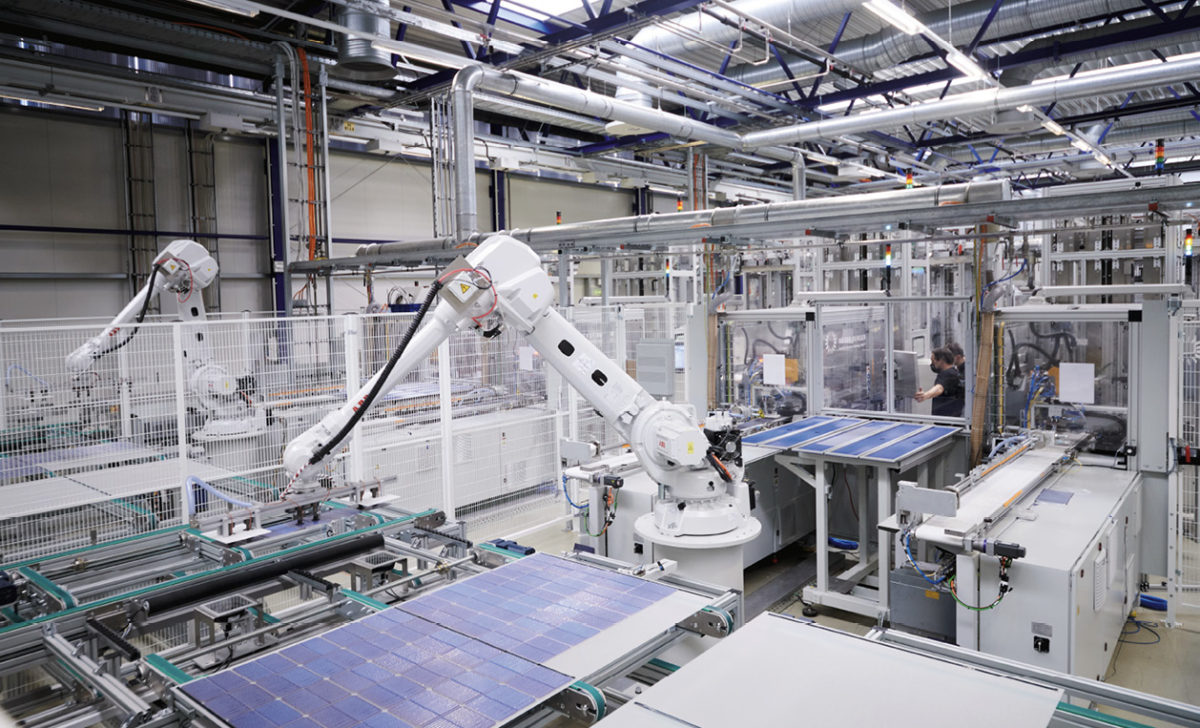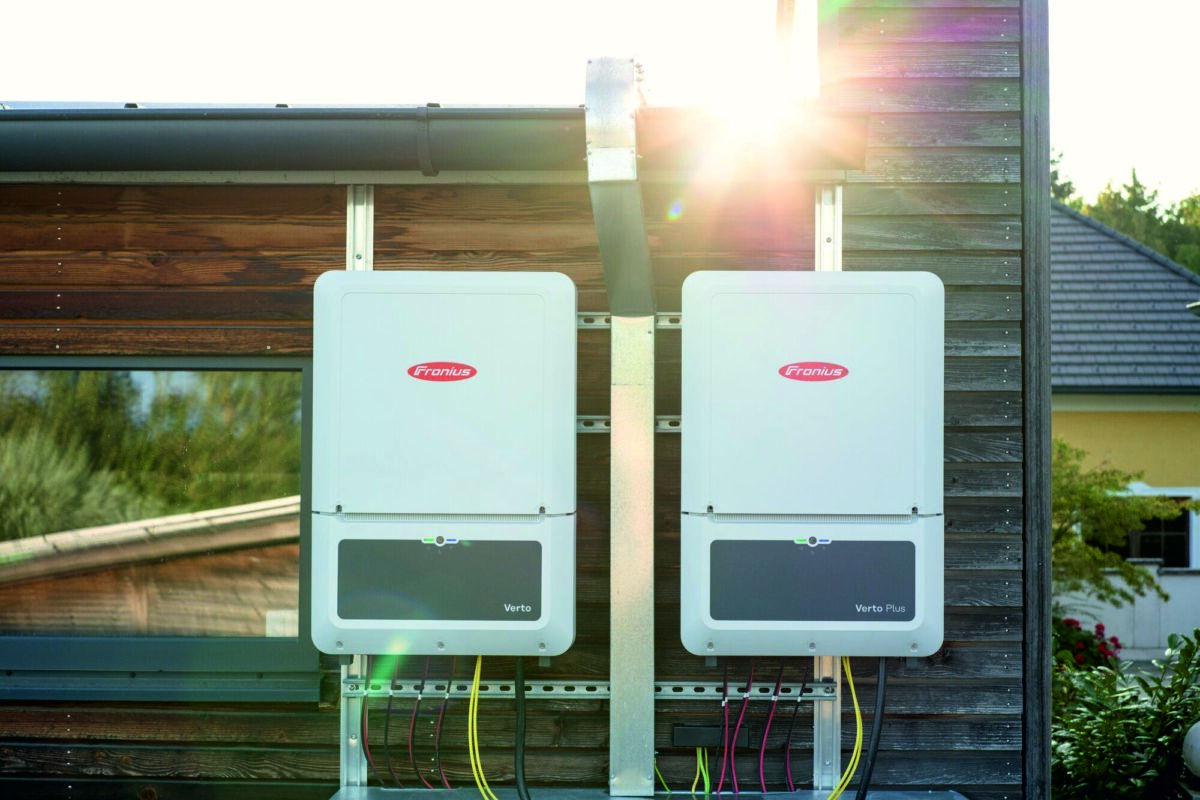From pv magazine USA
Meyer Burger has announced that in the future, it will only manufacture glass-glass bifacial solar modules. The Swiss manufacturer cites two main reasons for making the switch to glass. First, it wants to create a “unified, leaner and flexible concept for Meyer Burger’s future solar modules.” The group said that leaner production and logistics processes will lead to faster scalability of new manufacturing.
Over the short term, Meyer Burger said that the change will actually slow down manufacturing volumes in existing facilities as it transitions. The company’s Goodyear manufacturing site in the United States will be glass-glass from its start date next year.
While manufacturing speed and efficiency is of the utmost importance in the solar industry, there is another, more important reason for Meyer Burger’s decision: Glass-glass solar modules are a better technology than their plastic backsheeted siblings.
Officially, the manufacturer’s warranty suggests that their “Meyer Burger Glass” solar module will degrade at 0.2% or less per year, for 30 years. That means that a Meyer Burger glass-glass module bought today should be expected to produce at least 93.2% of its original output in the year 2053. In theory, if that degradation rate holds, a glass-glass Meyer Burger panel would still produce 89.2% of its original power rating after 50 years.
To continue reading, please visit our pv magazine USA website.
This content is protected by copyright and may not be reused. If you want to cooperate with us and would like to reuse some of our content, please contact: editors@pv-magazine.com.



By submitting this form you agree to pv magazine using your data for the purposes of publishing your comment.
Your personal data will only be disclosed or otherwise transmitted to third parties for the purposes of spam filtering or if this is necessary for technical maintenance of the website. Any other transfer to third parties will not take place unless this is justified on the basis of applicable data protection regulations or if pv magazine is legally obliged to do so.
You may revoke this consent at any time with effect for the future, in which case your personal data will be deleted immediately. Otherwise, your data will be deleted if pv magazine has processed your request or the purpose of data storage is fulfilled.
Further information on data privacy can be found in our Data Protection Policy.